ZWIN-AQMS30 Continuous Ambient Air Quality Monitoring Stations
Continuous Ambient Air Quality Monitoring Stations
——ZWIN-AQMS30
The Continuous Ambient Air Quality Monitoring Stations adopts national standard methods for monitoring, has high detection precision and accuracy, and has a drawer-type installation structure.
 Tianjin Zwinsoft Technology Co., Ltd
Tianjin Zwinsoft Technology Co., Ltd
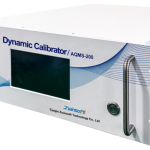

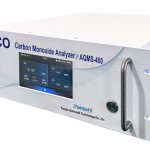
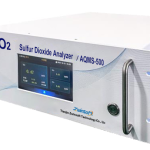
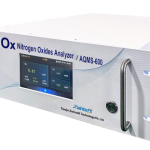


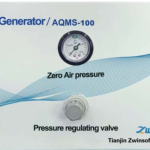












您好!Пожалуйста, войдите в систему